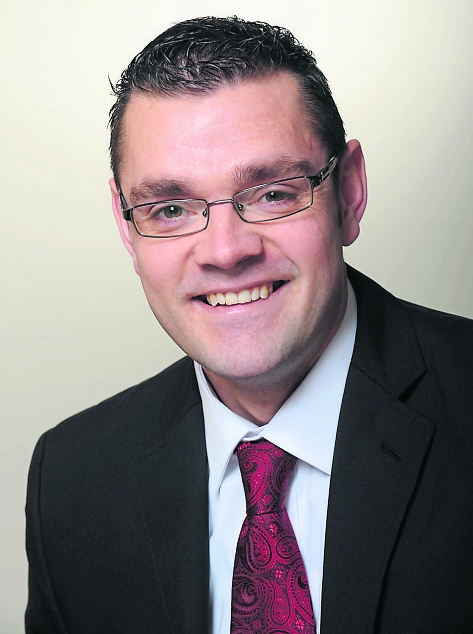By David Owens
Hawsons
A RECENT survey has revealed that the majority of GP partners earn less per clinical session than locums earn at the same practices.
The results come from a recent survey undertaken by GPonline that also showed one in seven partners earn less than non-partner doctors.
Thousands of partners across the UK now work in what are being referred to as zombie practices. The term zombie practice derives from what is more commonly known as a zombie company which is a company that is able to continue to stay open but without making any profits. Partners working for these zombie practices often take the view that there is a large amount of risk and responsibility in running a practice which is not matched by the financial rewards.
The results of the poll showed that:
* Out of the 400 partners, 52 per cent said they earn less per clinical session than locums at their practice
* 15 per cent earn less than salaried GPs at their practice
* 82 per cent would back the move of guaranteed minimum income for GP partners.
The idea that there should be a guaranteed minimum income for GP partners has been accepted in Scotland with the introduction of a minimum income per partner of just over £80,000, which will be implemented in April 2019. However, there has been no discussion as to whether this is an option for England yet.
Two-thirds of partners have agreed that salaried and locum GP pay should be capped at an amount that is below that of any the partners’ income in the practice. However, this is not supported by the GPC chair, Dr Richard Vautrey, who said: “Doctors who want a guaranteed income figure should consider a salaried role. To have this guarantee is not what it means to be in a partnership. You need to recognise that it has a degree of responsibility and risk and there is a potential for variable payment, as with any other business.”
However, it does still need to be recognised that the income for partners recorded in 2016-17 was 22 per cent lower than the income recorded ten years previously in 2005-6.
Dr Nigel Watson, a senior GP said earlier this year that the risks of partnerships currently outweigh the reward. This has impacted the number of people choosing to go into partnerships with the number of partners dropping 10 per cent since September 2015.
Interestingly, the NHS has launched a complete review of all data linked to GP pensions after they identified discrepancies between contributions and pensionable earning dating back more than a decade. However, the letter that was sent out from the BMA to GPs said it was unclear at the moment what the issues specifically were.
NHS England said in the letter that was sent to GPs: ‘As part of NHS England’s quality assurance of the pensions scheme records, a small sample review has been carried out which has shown discrepancies between some of the pensionable earnings and contributions data which has been provided to NHS Business Services Authority (NHS BSA). We would like to assure you that your pensions entitlement is safe. Our priority is to ensure that where there are any discrepancies, they are identified and resolved as quickly as possible’.
NHS England have also stated that as the review will take time, they are prioritising the records of GPs who are nearing retirement (age 56 or over), GPs who have recently retired and GPs who have died in service.
Private pension provider Capita has been responsible for the administration of GP pension contributions since 2015 under the Primary Cadre Services England (PCSE) contract.
The NHS spokesperson states that: ‘An independent expert has been appointed who is working with NHS England, Capita and the NHS BSA to look at the detail of these discrepancies and tackling them. If the review does show any discrepancy in a GP’s data then the NHS will give advice on what to do next’.
Dr Richard Vautrey, BMA GP committee chair said GPs will ‘understandably be very concerned to learn that they may have been affected by this administration error. While the announcement of a review and the commitment to ensure every GP gets their correct pension payment is welcome, we will continue to press the NHS England to urgently access the nature of the problem, and communicate promptly to those impacted’.
It has been advised that GPs check their pension records now instead of waiting until retirement to ensure they receive the correct pension when they retire.
If you are looking for advice in a particular area, get in touch with David Owens at Hawsons on 01604 645600 or by e mail at


